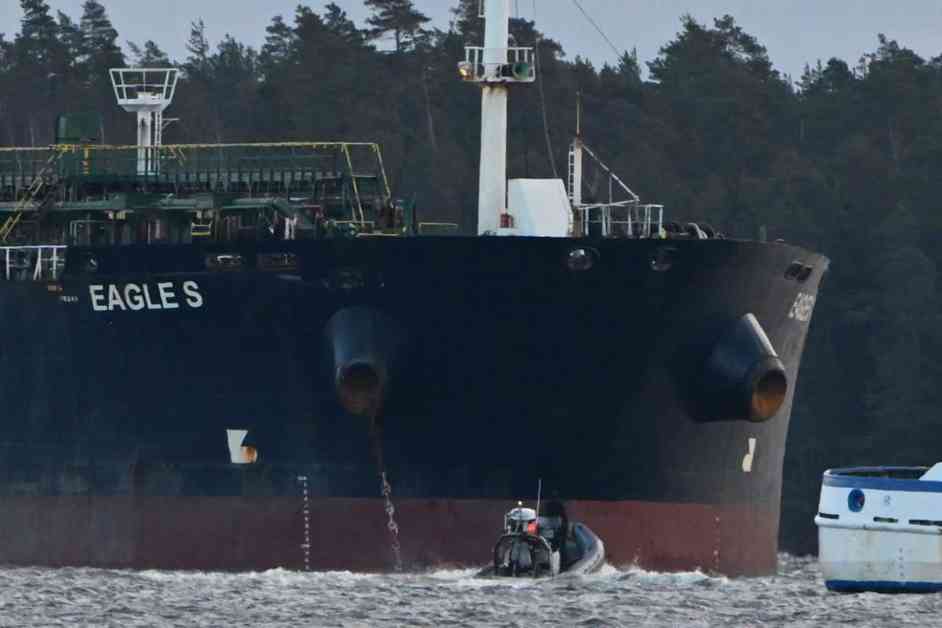Finnish Authorities Uncover Russian Shadow Fleet’s Planned Cable Sabotage
Finnish authorities have made a startling revelation regarding the crew of the Russian “shadow fleet’s” oil tanker Eagle S. The crew, suspected of damaging undersea cables, was reportedly preparing to target additional infrastructure before they were intercepted. This news comes amidst heightened tensions in the Baltic Sea region following a series of incidents involving power cables, telecom links, and gas pipelines since Russia’s invasion of Ukraine in 2022.
High Alert in Baltic Sea Nations
Since the tanker’s interception, Baltic Sea nations have been on high alert, closely monitoring the situation. The National Bureau of Investigation in Finland disclosed that the crew of the Cook Islands-registered tanker Eagle S, carrying Russian oil, was on the verge of damaging the Estlink1 power cable and BalticConnector gas pipeline connecting Finland and Estonia when authorities boarded the vessel on 26 December. Risto Lohi emphasized the immediate danger posed by potential damage to critical underwater infrastructure had the crew succeeded in their plans.
Expanding Probe and Suspects
Finnish authorities have expanded their investigation to include a ninth crew member as a suspect, all of whom are currently under travel bans. The captain of the vessel is reportedly Georgian, with crew members hailing from India and Georgia. The vessel, already suspected of causing damage to the Finnish-Estonian Estlink 2 power line and four telecom cables, drew attention to the severity of the situation in the region.
International Response and Consequences
The revelation of the Russian shadow fleet’s intentions has sparked concern among NATO member states surrounding the Baltic Sea. A meeting is scheduled in Helsinki to discuss the alliance’s response to these threats. The incident underscores the ongoing maritime threats posed by the shadow fleet, raising questions about the security of undersea cables and pipelines in the region.
In conclusion, the uncovering of the Russian shadow fleet’s planned cable sabotage has brought to light the complex challenges faced by Baltic Sea nations in safeguarding their critical infrastructure. The international community’s response to these threats will be crucial in ensuring the security and stability of the region.

















